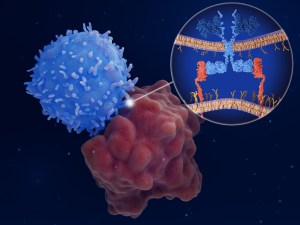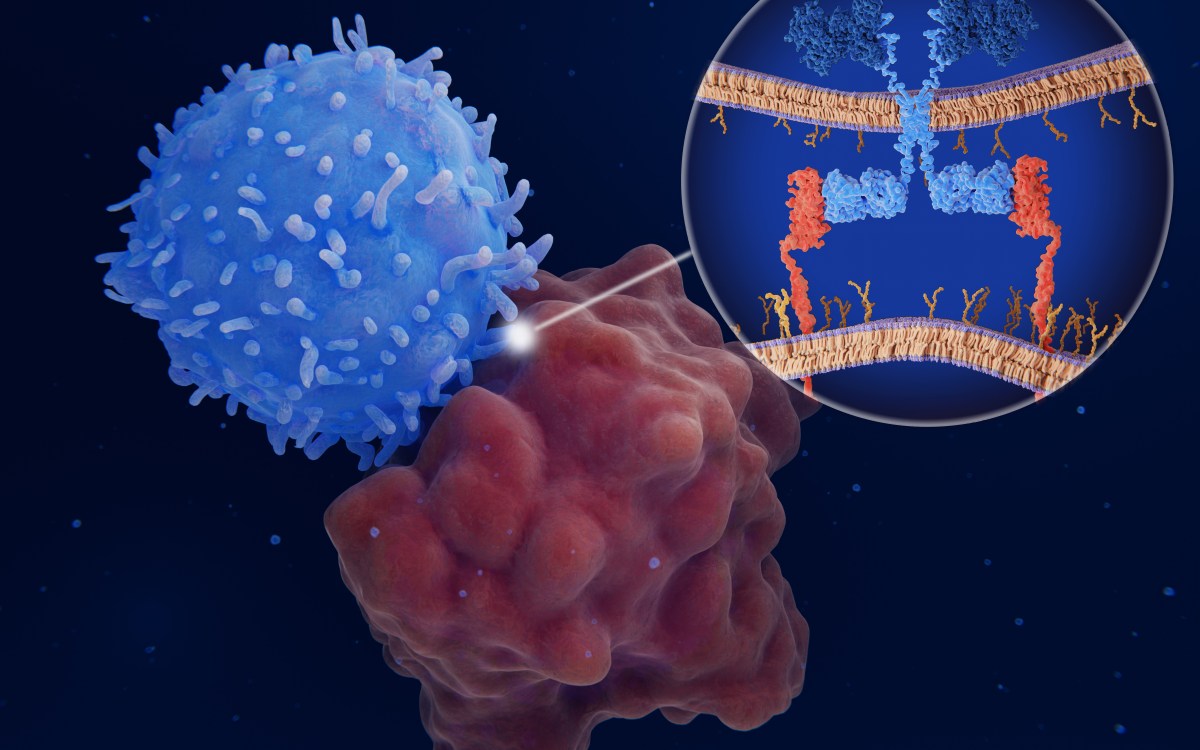“Flipped classroom” teaching model gains an online community
Researchers at Harvard University have launched the Peer Instruction (PI) Network, a new global social network for users of interactive teaching methods.
PI, developed by Eric Mazur, area dean for applied physics and Balkanski Professor of Physics and Applied Physics at the Harvard School of Engineering and Applied Sciences (SEAS), is an innovative evidence-based pedagogy designed to improve student engagement and success.
Mazur, famous for his talk titled “Confessions of a Converted Lecturer,” developed the method after realizing in the 1990s that his physics lectures at Harvard, while popular, were not helping students to master the basic concepts.
The PI technique relies on the power of the “flipped classroom.” Information transfer (i.e., a teacher transferring knowledge to students) takes place in advance, typically through online lectures. In short, students study before rather than after class.
As a result, the classroom becomes a place for active learning, questions, and discussion. Instructors spend their time addressing students’ difficulties rather than lecturing.
While originally developed for Mazur’s introductory physics courses, PI is now used across multiple disciplines, from the sciences to the humanities.
The Peer Instruction Network will serve as a hub for educators around the world to connect and share their PI experiences, submit questions, and engage with other PI users.





